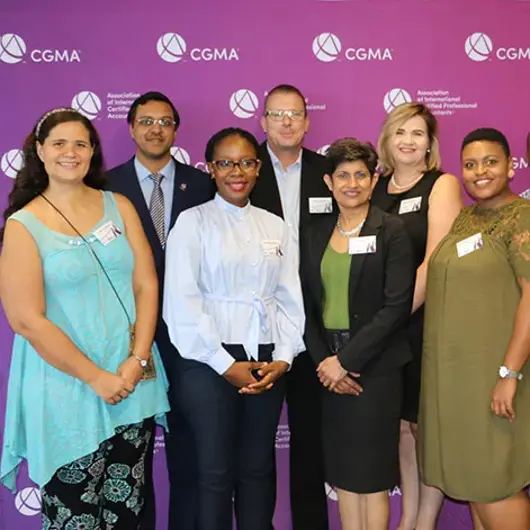South Africa is grappling with the dilemma of youth unemployment. Today, there are more matriculants who are not in employment or higher education facilities than ever before. For example, currently the youth unemployment rate in South Africa is 67%. While the youth unemployment rate has decreased since last year, its implications are still evident.
Poor access to tertiary education remains the key challenge that matriculants face, while the flaws in primary and high school education cannot be ignored. The education crisis has not been addressed sufficiently. The dawning of the 4th Industrial Revolution, which is already disrupting the current business landscape, will continue to make waves and change paradigms as fast developing technology impacts the world’s current career options. Students must therefore be prepared by higher education to enter a job market constantly in flux, and must be taught to be adaptable and tech-savvy in order to assure their employability.
Monash South Africa (MSA) understands these challenges and strives to overcome further issues, such as the trend towards education being treated as a commodity, where tertiary institutions are run like businesses, focusing on delivering programmes that are products only.
Rather than just delivering material to students, MSA prepares them to enter a job market that has shifted into a knowledge-economy, where intellectual capital, emotional intelligence and understanding of technology set job seekers apart in the workplace. This new paradigm demands new, innovative skills sets and a different graduate profile, which tertiary institutions need to be responsive and mindful of as an emerging global trend. MSA students are therefore skilled to stand apart and be highly sought-after by employers upon graduating.
CIMA continues to drive education under the umbrella of the Association of International Certified Professional Accountants (The Association). Recently the Association formed an agreement with Monash South Africa to offer CIMA’s entry-level qualification, the Certificate in Business Accounting (Cert BA). The goal of the collaboration between the Association and Monash South Africa is to influence the education and employment landscape in a positive way.
The Cert BA qualification equips students with the core business and financial skills needed to boost employability or start a business and participate constructively in the economy. Students who successfully complete the qualification are well-quipped with business skills and can use the designation CIMA Cert BA.
The Association’s Dr Sara Bux, Associate Director Southern Africa believes the partnership will positively impact South African society:
“The partnership between the Association and Monash South Africa is a significant one in the South African education landscape. The impact of the partnership is expected to influence the employability of young South Africans. The partnership aims to build capability in young South Africans through the promotion of a highly relevant educational qualification. Through such capability, these young people can become positive contributors to society, either through participation in the formal industry sector or through participation in a new narrative around job creation. The transferability of the knowledge, skills and competencies across industry sectors, locally and internationally, is an immense benefit of the qualification. South African youth and youth across Africa require such diverse skill sets so as to have appeal across industry sectors and even enable job placement globally.“
Prof. Alwyn Louw, President of Monash South Africa had this to say of the collaboration: “MSA is excited about its relationship with CIMA because it gives expression to its philosophy that partnerships between Higher Education, professional bodies and industry provides excellent opportunities to enhance relevant and quality learning opportunities and experiences for students. Through its commitment to excellence and supporting students to achieve their full potential, this partnership has the potential to add significantly to the body of professionals in the management accounting environment. We will therefore continue to innovate on the basis of the existing excellent curriculum and learning processes to enhance our capacity and make opportunities accessible to as many students as possible, while we will maintain a learning environment that will optimise the learning experience of our students towards success“.



